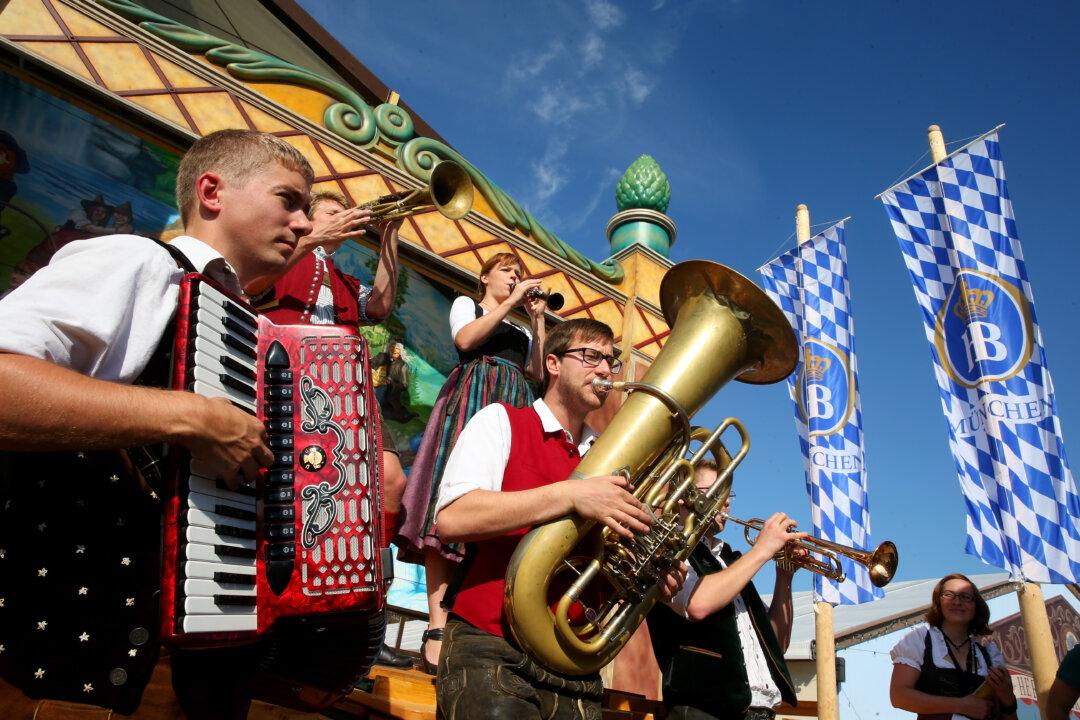Commentary
Do you know the traditional Austrian folk song “Edelweiss”? Of course you do. Here is what is interesting: It is not a traditional Austrian folk song. It is an original composition by Richard Rodgers with lyrics by Oscar Hammerstein, written in 1959 for the play and movie “The Sound of Music.”





